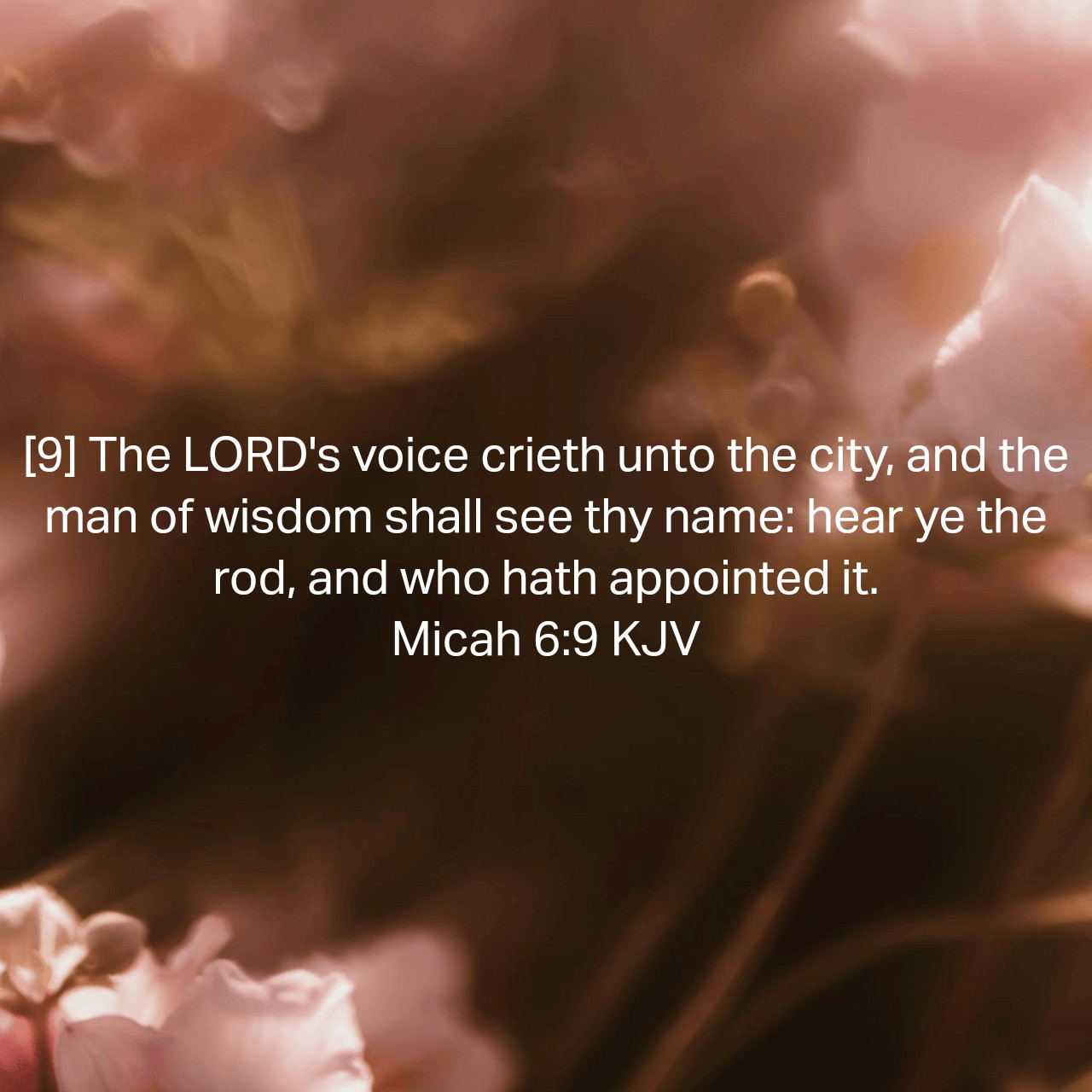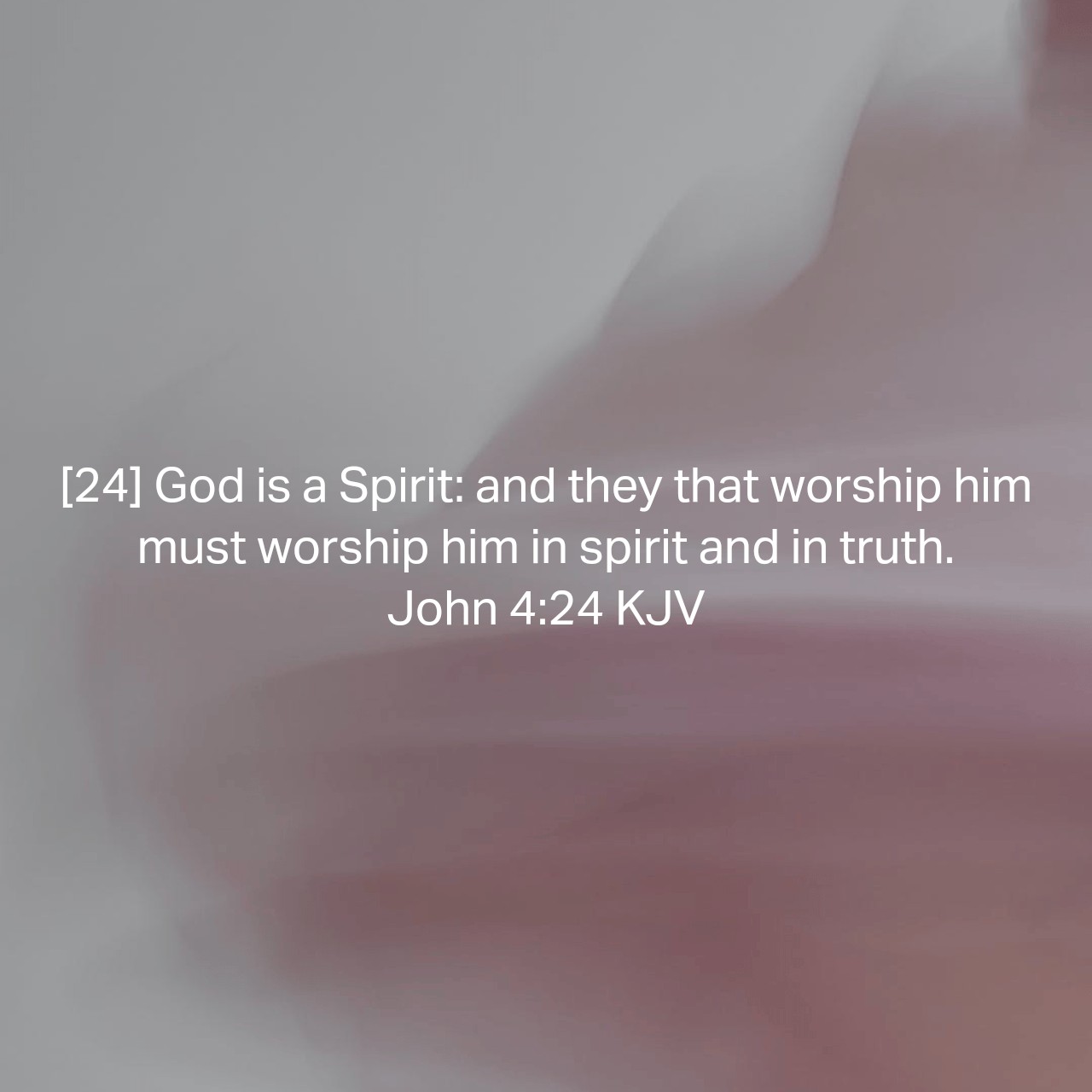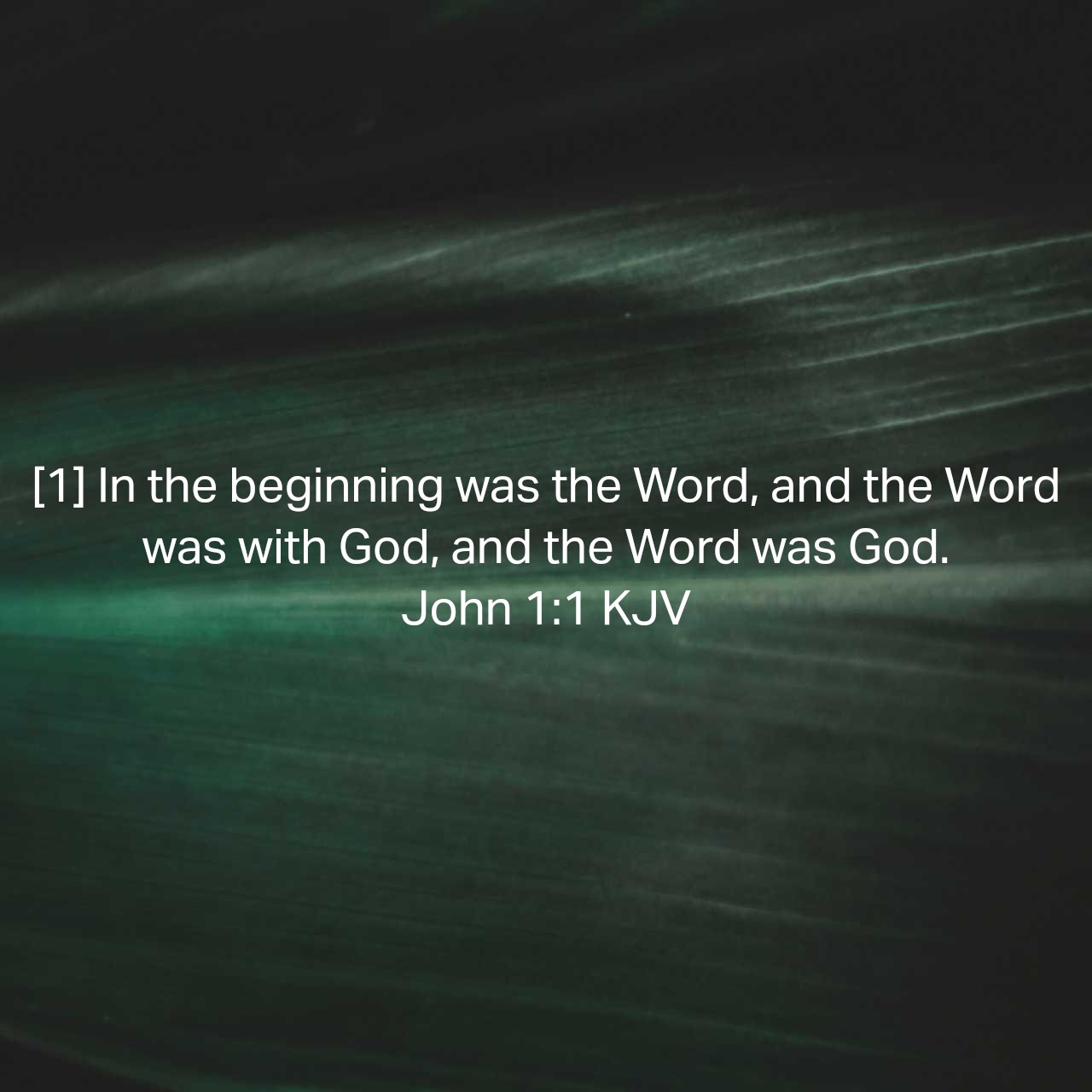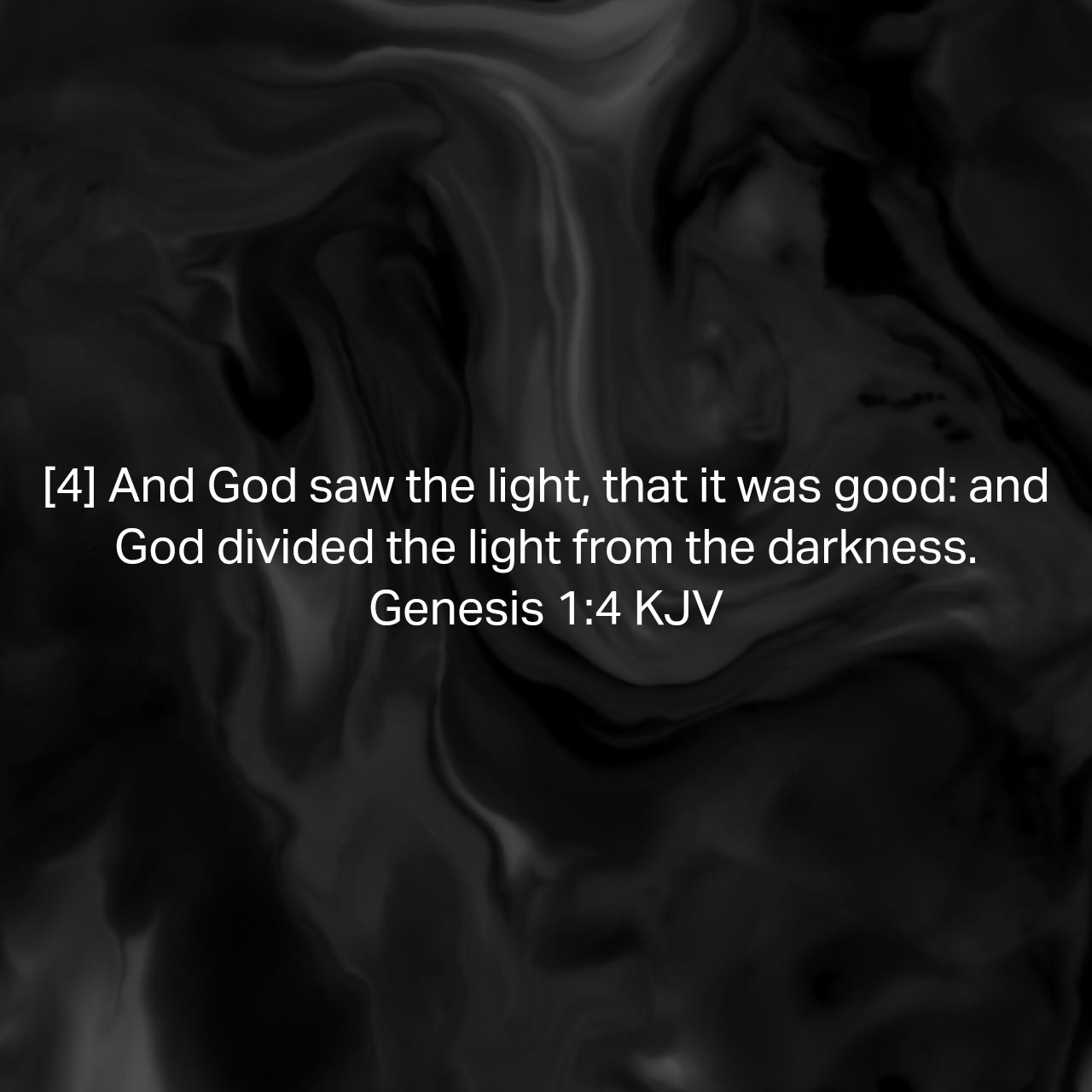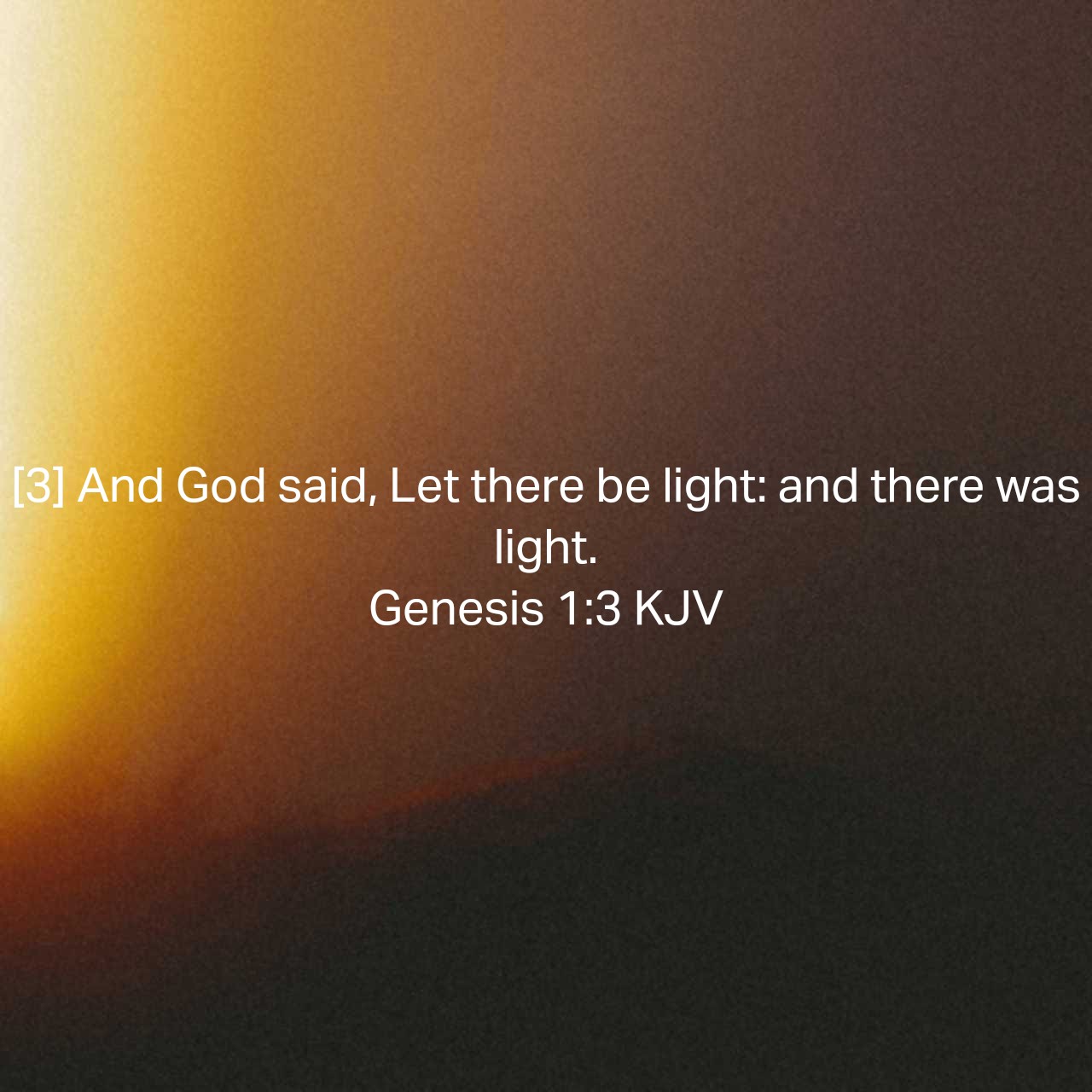Psalm 139:7-12 (KJV)
“[7] Whither shall I go from thy spirit? or whither shall I flee from thy presence? [8] If I ascend up into heaven, thou art there: if I make my bed in hell, behold, thou art there. [9] If I take the wings of the morning, and dwell in the uttermost parts of the sea; … Read more

